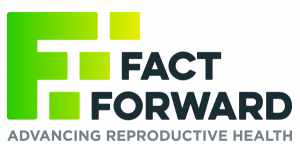During this session, participants will learn about neuro-biological findings from adolescent brain research as they apply to cognitive and behavioral changes, such as risk taking, relationship building and social development. The facilitators will describe findings in emerging fields informed by neuroscience, such as the effects of sleep, technology and stress on the developing brain. Based on the findings outlined, participants will explore some unique teaching and learning strategies for reaching adolescents, all linked to cognitive engagement, impulse control, and decision making. They will identify a set of adult behaviors and attitudes that might best engage, influence, and motivate teens, and are strongly encouraged to make a shift in how they think about and approach the adolescent learner.
Objectives of this course:
- Describe the unique developmental features of the adolescent brain and the implications for adolescent cognition and behavior.
- Describe current research on factors that influence the developing adolescent brain, including sleep, substances, stress, and technology.
- Identify strategies that draw upon brain research to engage the adolescent learner in avoiding risk behaviors.
- Implement a personal plan of action for refining their skills in effectively engaging adolescent learners.
Visit ETR's Training & TA Form to submit your request and receive cost information.





